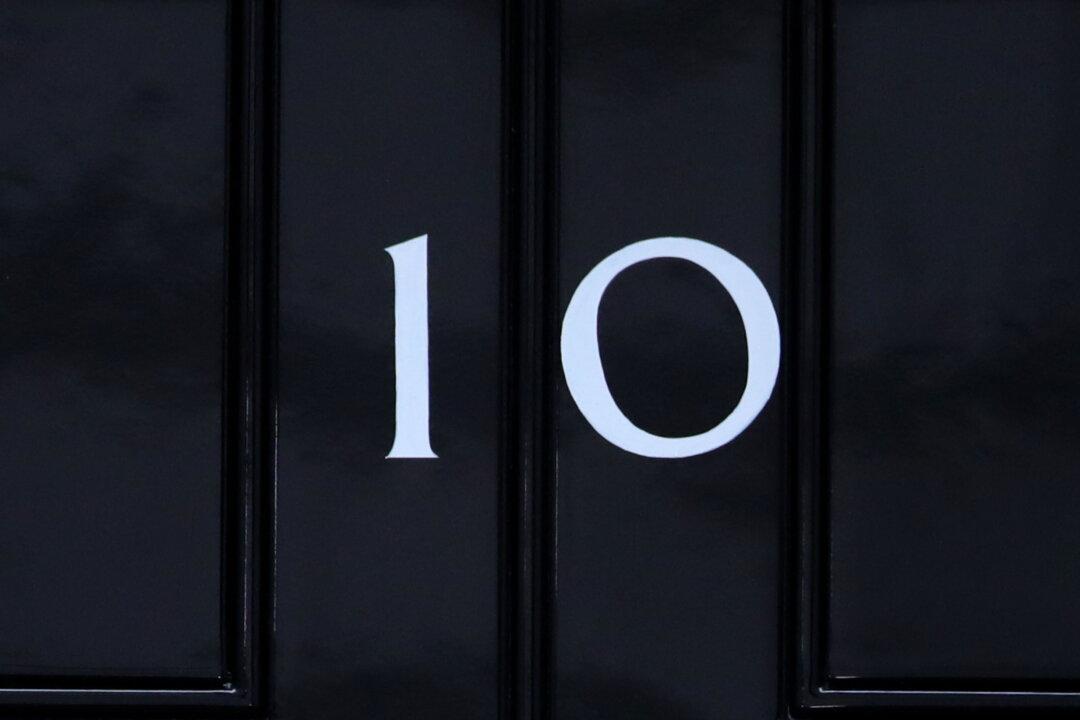The UK’s Conservative Party leadership race can be narrowed down to two final candidates by July 20, with a new prime minister chosen no later than the beginning of October, the treasurer of the 1922 backbenchers’ committee said on Saturday.
Sir Geoffrey Clifton-Brown said that he’s “confident” the aim can be achieved and that the committee will look at ways to speed up the process.





